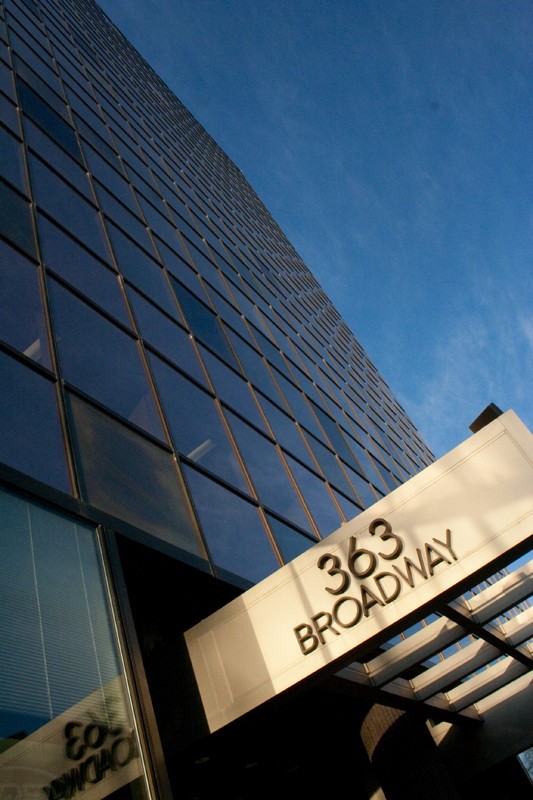The long arm of the law society
Should Canada adopt a national code of conduct for lawyers?
The world’s most hated profession is also one of the strictest, lawyers say, and it may get stricter.
The Law Society of Manitoba (LSM), a regulatory body comprising law firms across the province, recently handed out a record fine to esteemed criminal defense lawyer Greg Brodsky.
Now, as lawyers and law firms begin practicing in multiple jurisdictions, some are calling for a national lawyers’ code of conduct.
Brodsky was fined $39,000 for requesting and receiving payments without accounting for them to his law firm. He also neglected to deposit two retainers of $5,000 to the pooled trust account of his firm.
Brodsky pleaded guilty to charges of professional misconduct before an LSM disciplinary hearing. He admitted to requesting and receiving a $10,000 cheque for legal services, payable to him personally, that was not accounted for to his law firm.
“The Brodsky case was interesting because it showed he was a member of the law community and not immune to discipline,” said Anne McGillivray, law professor at the University of Manitoba.
Although the society believes its code of conduct is adequate to deal with issues within the province, lawyers and law firms are becoming more mobile, practicing in multiple jurisdictions. This makes it more difficult to detect conflicts of interest.
“There is a trend that will be coming in the not-too-distant future that will see a national code of conduct,” said Jeff Hirsch, president of the LSM. “[There is] a move right now toward more uniformity in terms of what is prohibited and what isn’t.”
McGillivray posed the example of a couple in a small town seeking divorce who are both given lawyers from the same firm. A lawyer has a duty to disclose all information to his firm. As a result, if one individual does not want information given to opposing counsel, the firm would have to drop one or both of the clients due to conflict of interest.
“The greater mobility, and the larger the firm, the greater the potential for conflict of interest and the more complicated the claims of conflict,” said McGillivray.
The LSM has dealt with 13 disciplinary cases this year, six warranting suspension and two outright disbarment.
“We are not like the police in the sense that we don’t require a warrant or a complaint,” said Allan Fineblit, chief executive officer for the LSM. “We can investigate if we see a report or news article that raises suspicion. We also have accountants that audit separate law firms.”
To read more about professional misconduct, as well as the history of lawyer jokes, go to Ethan Cabel’s blog at www.uniter.ca/blogs.
Published in Volume 64, Number 11 of The Uniter (November 12, 2009)







